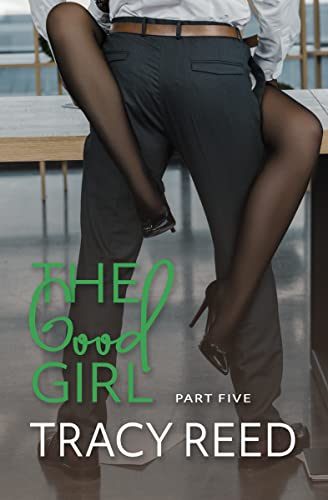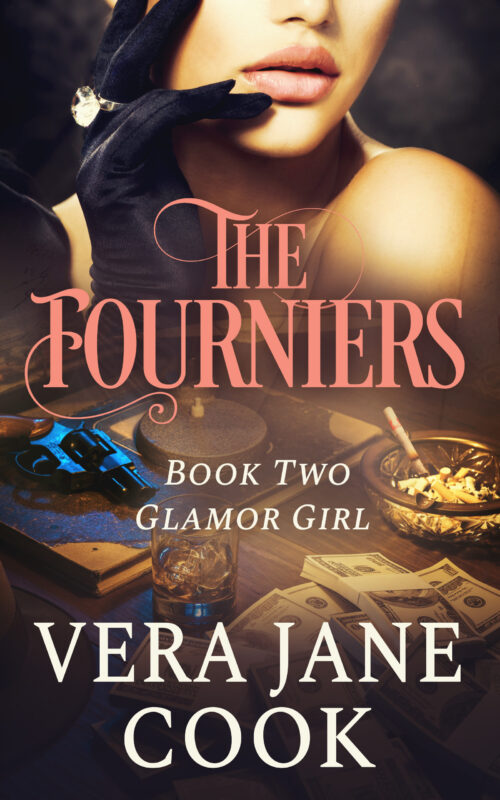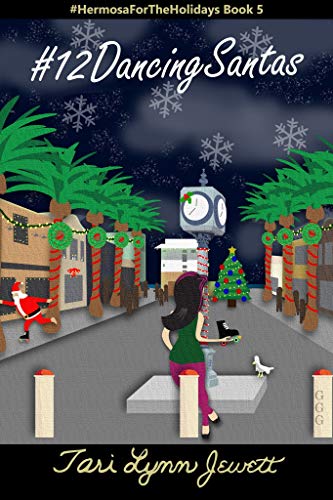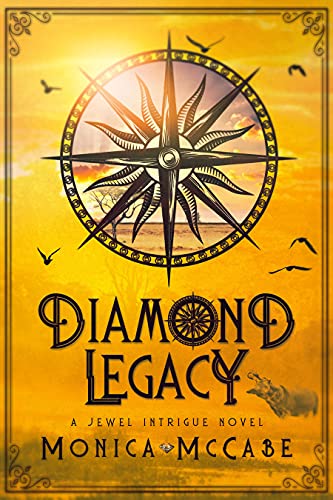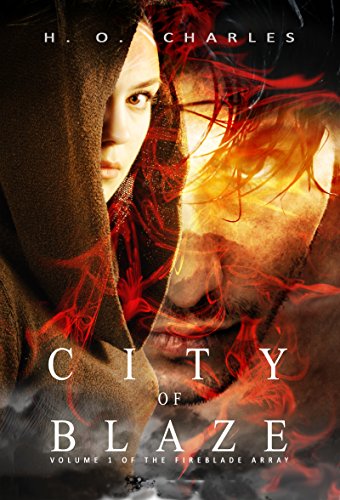The Unromantic Romantic
February 15, 2018 by Rebecca Forster in category The Write Life by Rebecca Forster tagged as author, romance, romance genre, romantic, thrillers, writing, writing craft Early in my career, when I was writing romance and women’s fiction, a bookseller, who I greatly admired, commented that my idea of romance was a chuck on a man’s shoulder. The other authors gathered in her store for a book signing laughed – and so did I. She was right in context of the romance genre. I was never comfortable writing love scenes or covering my ‘author lens’ with gauze. I didn’t care for characters having long involved conversations about their relationships. It never occurred to me to have brooding heroes or pining heroines. I was less interested in cupid, than I was in the arrow he shot and, I suppose, that is why I write thrillers now.
Early in my career, when I was writing romance and women’s fiction, a bookseller, who I greatly admired, commented that my idea of romance was a chuck on a man’s shoulder. The other authors gathered in her store for a book signing laughed – and so did I. She was right in context of the romance genre. I was never comfortable writing love scenes or covering my ‘author lens’ with gauze. I didn’t care for characters having long involved conversations about their relationships. It never occurred to me to have brooding heroes or pining heroines. I was less interested in cupid, than I was in the arrow he shot and, I suppose, that is why I write thrillers now.
However, that does not mean I am unromantic. Why? Because in each of my books I take great care with character relationships, character’s moral core, their willingness to take chances and their curiosity about their mysterious world. To convince myself I was correct in believing these attributes to be romantic, I looked up the definition. Here you go, straight from Meriam/Webster:
Romantic: marked by the imaginative or emotional appeal of what is heroic, adventurous, remote, mysterious or idealized.
In other words, romance for one heart might carry an emotional connotation that leads to a sexual encounter or a committed relationship. For my heart, romance is embodied in how characters react to challenge. As a thriller writer I want my reader to feel the romance of suspense, of mystery, of the idealization of a hero who will walk through fire to make things right.
I find John McClane in Die Hard, Indiana Jones in any of the Indiana Jones movies, romantic and yet you never see them in sexual situations. The focus of these movies is on action within a mysterious world. The romantic in me sighs over their heroics, my heart beats faster at their commitment to justice and the place of honor in which they put women while also treating them as equals in adventure.
Whether you are an author or are a reader, do not pigeonhole the idea of romance. If you do, you will be limiting your talent and your reading enjoyment.
This Valentine’s Day, I hope cupid brought you candies and flowers. In the next year, I wish you a different kind of romance; the kind that take you to exotic, mysterious and adventurous places in your imagination.
XOXO,
The unromantic romantic
USA Today and Amazon bestselling author, Rebecca Forster is the author of over 38 novels including the acclaimed The Witness Series and her new Finn O’Brien Thriller series. She is married to a Superior Court judge and is mother to two sons.
Find Rebecca here:
Website: http://rebeccaforster.com
Facebook: https://www.facebook.com/RebeccaForster4/
Twitter: @Rebecca_Forster (https://twitter.com/Rebecca_Forster)
Subscribe and get my 2-book starter library: http://rebeccaforster.com/thriller-subscribers/
Bookbub: https://www.bookbub.com/authors/rebecca-forster
5 0 Read moreShow and Tell, OCCRWA’s May Online Class with Shannon Donnelly
April 27, 2014 by A Slice of Orange in category Archives tagged as Online Class, Shannon Donnelly, writing craftShannon Donnelly is with us today to talk about her upcoming OCCRWA online class, Show and Tell, an Interactive Workshop. Take it away, Shannon!
Thanks Alina. We’ve all heard “show, don’t tell†and there is value in that advice. If all you do is tell a story, how does the reader participate with his or her imagination? However, a book is not a movie. While a movie requires everything to be shown (or an often awkward voice-over to be added if it’s not showing enough), a book has the luxury of being able to use narrative. And that’s where I usually get folks who are utterly confused.
Merriam-Webster gives us the root for narrative/narrating as the “Latin narratus,past participle of narrare, from Latin gnarus knowing; akin to Latin gnoscere, noscere to know.â€
This means any writer of fiction needs not only showing but telling as well. What’s the secret in knowing when to show and when to tell? This is something I’ll be covering in the May workshop, but here are a few tips:
– Where are we? (Place and world – the reader needs to be placed into the scene, otherwise it’s confusing to the reader. Do not throw your readers into the deep end without giving them some help.)
– Who is here?(An introduction to the characters, particularly to the main characters for that scene, and for the story.)
All this needs to be woven together, stitched in with careful threads, not dumped on the reader in big clumps. Or, to put it another way, feed the reader your telling—your narrative—with a teaspoon, not a soup bowl.
– Your characters in action—scenes are always stronger when you show a character expressing emotion with physical reactions.
– Your character’s emotions through words. Dialogue should never just be there to advance the plot or you end up with a character that seems stiff on the page. Just as you want to show emotions through actions, you also want to show emotion through words—this includes what someone avoids talking about, too.
Her Regency Historical Romance, Paths of Desire, can be found as an ebooks on Kindle, Nook and at Smashwords, along with her Regency romances.
Ten Things NEVER TO DO When Writing a Book
April 16, 2014 by A Slice of Orange in category Archives tagged as writing craft
THE X-TREME NOVELIST
June 15, 2012 by A Slice of Orange in category Archives tagged as extreme, Hunter S. Thompson, Tom Wolfe, writing craft I love to read. Books, newspapers, magazines and food labels are all on my TBR list. Horror has been in the mix with popular authors like Stephen King and Dean Koontz, but I didn’t know what a great horror read was until I read a short story collection by Anoynmous-9 (aka Elaine Ash) presented under the umbrella title of Hard Bite and Other Short Stories. Here was horror at its finest: edgy, scary, fascinating, the stuff bad dreams are made of.
I love to read. Books, newspapers, magazines and food labels are all on my TBR list. Horror has been in the mix with popular authors like Stephen King and Dean Koontz, but I didn’t know what a great horror read was until I read a short story collection by Anoynmous-9 (aka Elaine Ash) presented under the umbrella title of Hard Bite and Other Short Stories. Here was horror at its finest: edgy, scary, fascinating, the stuff bad dreams are made of.
While I celebrated the book, I also lamented that this author might never be embraced by the mainstream despite her talent. Why? Because Anyonymous-9 is what I call an X-treme novelist – a writer who does not poke at parameters, but boldly shreds them. Think Tom Wolfe’s Electric Kool-Aid Acid Test and his brand of hysterical realism. Hunter S. Thompson and Fear And Loathing in Las Vegas. My favorite, Anthony Burgess’ Clockwork Orange. The X-treme novelist is often ignored, ridiculed, or, even worse, published only to languish in a no-man’s land of genreless books.
**Conrad Johnson is the pseudonym for John Byk. Check out his live contemporary author interviews on 2012 Writers Alive
FINDING YOUR VOICE
April 15, 2012 by A Slice of Orange in category Archives tagged as Rebeca Forster, voice, writing craftIt is your job to discover your voice. Explore it. Nurture it. Refine it. Claim it. Present it. Be proud of it.
Affiliate Links
A Slice of Orange is an affiliate with some of the booksellers listed on this website, including Barnes & Nobel, Books A Million, iBooks, Kobo, and Smashwords. This means A Slice of Orange may earn a small advertising fee from sales made through the links used on this website. There are reminders of these affiliate links on the pages for individual books.
Search A Slice of Orange
Find a Column
Archives
Featured Books
THE GOOD GIRL PART FIVE
I eloped with a man I thought I knew, but didn't.
More info →DIAMOND LEGACY
Diamonds ruined his life and he’s on a path of revenge.
More info →Newsletter
Contributing Authors
Search A Slice of Orange
Find a Column
Archives
Authors in the Bookstore
- A. E. Decker
- A. J. Scudiere
- A.J. Sidransky
- Abby Collette
- Alanna Lucus
- Albert Marrin
- Alice Duncan
- Alina K. Field
- Alison Green Myers
- Andi Lawrencovna
- Andrew C Raiford
- Angela Pryce
- Aviva Vaughn
- Barbara Ankrum
- Bethlehem Writers Group, LLC
- Carol L. Wright
- Celeste Barclay
- Christina Alexandra
- Christopher D. Ochs
- Claire Davon
- Claire Naden
- Courtnee Turner Hoyle
- Courtney Annicchiarico
- D. Lieber
- Daniel V. Meier Jr.
- Debra Dixon
- Debra H. Goldstein
- Debra Holland
- Dee Ann Palmer
- Denise M. Colby
- Diane Benefiel
- Diane Sismour
- Dianna Sinovic
- DT Krippene
- E.B. Dawson
- Emilie Dallaire
- Emily Brightwell
- Emily PW Murphy
- Fae Rowen
- Faith L. Justice
- Frances Amati
- Geralyn Corcillo
- Glynnis Campbell
- Greg Jolley
- H. O. Charles
- Jaclyn Roché
- Jacqueline Diamond
- Janet Lynn and Will Zeilinger
- Jeff Baird
- Jenna Barwin
- Jenne Kern
- Jennifer D. Bokal
- Jennifer Lyon
- Jerome W. McFadden
- Jill Piscitello
- Jina Bacarr
- Jo A. Hiestand
- Jodi Bogert
- Jolina Petersheim
- Jonathan Maberry
- Joy Allyson
- Judy Duarte
- Justin Murphy
- Justine Davis
- Kat Martin
- Kidd Wadsworth
- Kitty Bucholtz
- Kristy Tate
- Larry Deibert
- Larry Hamilton
- Laura Drake
- Laurie Stevens
- Leslie Knowles
- Li-Ying Lundquist
- Linda Carroll-Bradd
- Linda Lappin
- Linda McLaughlin
- Linda O. Johnston
- Lisa Preston
- Lolo Paige
- Loran Holt
- Lyssa Kay Adams
- Madeline Ash
- Margarita Engle
- Marguerite Quantaine
- Marianne H. Donley
- Mary Castillo
- Maureen Klovers
- Megan Haskell
- Melanie Waterbury
- Melissa Chambers
- Melodie Winawer
- Meriam Wilhelm
- Mikel J. Wilson
- Mindy Neff
- Monica McCabe
- Nancy Brashear
- Neetu Malik
- Nikki Prince
- Once Upon Anthologies
- Paula Gail Benson
- Penny Reid
- Peter Barbour
- Priscilla Oliveras
- R. H. Kohno
- Rachel Hailey
- Ralph Hieb
- Ramcy Diek
- Ransom Stephens
- Rebecca Forster
- Renae Wrich
- Roxy Matthews
- Ryder Hunte Clancy
- Sally Paradysz
- Simone de Muñoz
- Sophie Barnes
- Susan Squires
- T. D. Fox
- Tara C. Allred
- Tara Lain
- Tari Lynn Jewett
- Terri Osburn
- Tracy Reed
- Vera Jane Cook
- Vicki Crum
- Writing Something Romantic
Affiliate Links
A Slice of Orange is an affiliate with some of the booksellers listed on this website, including Barnes & Nobel, Books A Million, iBooks, Kobo, and Smashwords. This means A Slice of Orange may earn a small advertising fee from sales made through the links used on this website. There are reminders of these affiliate links on the pages for individual books.



